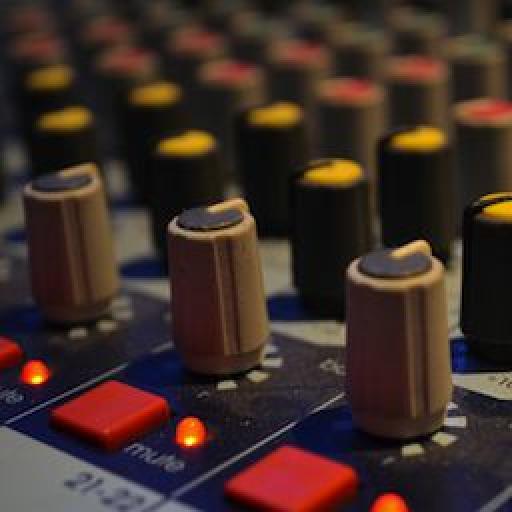The subject of mastering is controversial, and is often quickly glossed over in conversation between musicians... Especially musicians that have worked with a mastering engineer in the past. A good mastering engineer can inspire shock and awe to even the most skilled producer and artist because of their ability to take a track that the producer, or artist knows intimately and make it sound amazing in ways that were never dreamed of. So, when the topic of mastering comes up, artists will think back to how good that final product sounded, with mastering, and their mind is just a little bit blown. A sense of reverence leaves their mouths, and the thought isn't pondered much more. Why destroy the magic?
We often revere'"or fear'"what we don't understand, or witness for ourselves. Musicians and producers are usually not around for the mastering process. The great mastering engineers are legendary for working alone, their final product speaks for itself. But it would do you well to remember the main tools of the mastering engineer are quite simple at the heart of things. They are:
- Compressors (Usually Multi-Band Compressors)
- Limiters
- EQ
- Speakers
Of course, other plug-ins and devices are employed like spectral analyzers, spacialization plugs, etc. But at the heart, it's always the above. And, I should point out that even if you're only using GarageBand, you have access to all of these.
This revelation should be empowering in the sense that through the miracle of modern software, if need be, we can break out our inner mastering engineer. Will it sound as good? Most likely no. If you're in a pinch however, and need to make that final mix sound even slightly mastered, why not try?
Here are some simple tips that may help, should you find yourself in need of a quick bit of mastering...
Tip 1 - Detach
One of the most critical suggestions that I can make is to give yourself a day or two away from your song. Come back with fresh ears, with no memory of that kick drum, or bass line that was giving you trouble a week ago. Mastering focuses on the entire mix, if you're still obsessing about minor parts in the mix, you're mastering will focus on enhancing those parts. In turn, this can (and often will) cause you to hurt other parts of the mix.
When you come back with fresh ears, you tend to hear the mix as a whole. Almost like you're hearing the song for the first time.
Tip 2 - Reference Mix
How do you make your song sound like a million-dollar track? Listen to a million-dollar track! Pull out a CD (not an MP3) of a song that you think has an amazing mastering job. Play this song all the way through, then play your song. Add compression, and EQ incrementally till your song starts to sound like your reference track.
Do little bits at a time, and remember to take breaks. As soon as you feel like you're losing your objectivity, hit save. Come back in a few minutes to an hour, listen again to your reference song, and then to your mix. You'll find that you'll wind up making minor adjustments that will make huge differences.
Tip 3 - Your Listening Environment
Even if you don't have an acoustically treated room, you still have options that you should explore. When home mastering, you still want your speakers in the deadest room possible. Setup in a closet, if need be. And remember: always use speakers, not headphones.
Once you feel like you have a winner, listen to your mastered mix everywhere. If you have a friend that's a DJ at a club, have him spin it. Listen to it in your car, listen to it at your boyfriend/girlfriend's on the home stereo. Use what you have at your disposal.
Conclusion
My final words on the subject of home mastering are simple: Have fun, and don't put too much pressure on yourself. The music community as a whole tends to forget that every aspect of music should be fun, and adventurous. When we approach a new skill (like mastering) with a sense of curiosity and adventure, we don't overanalyze and make sweeping changes that screw up the song. Remember that it was through the spirit of curiosity and adventure that some of the greatest songs, productions, and masterings of all time were born. Sgt. Pepper, anyone?



 © 2024 Ask.Audio
A NonLinear Educating Company
© 2024 Ask.Audio
A NonLinear Educating Company
Discussion
Want to join the discussion?
Create an account or login to get started!